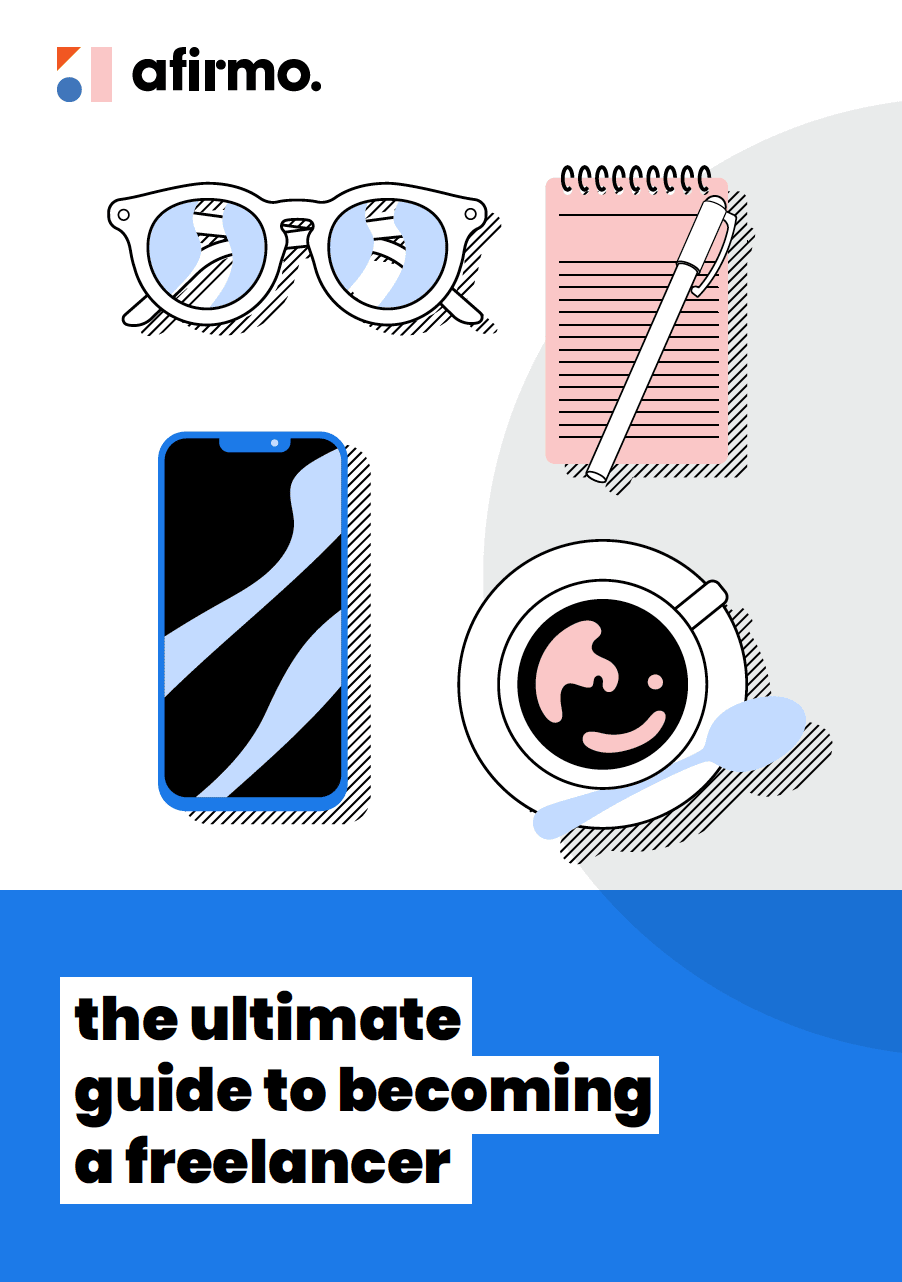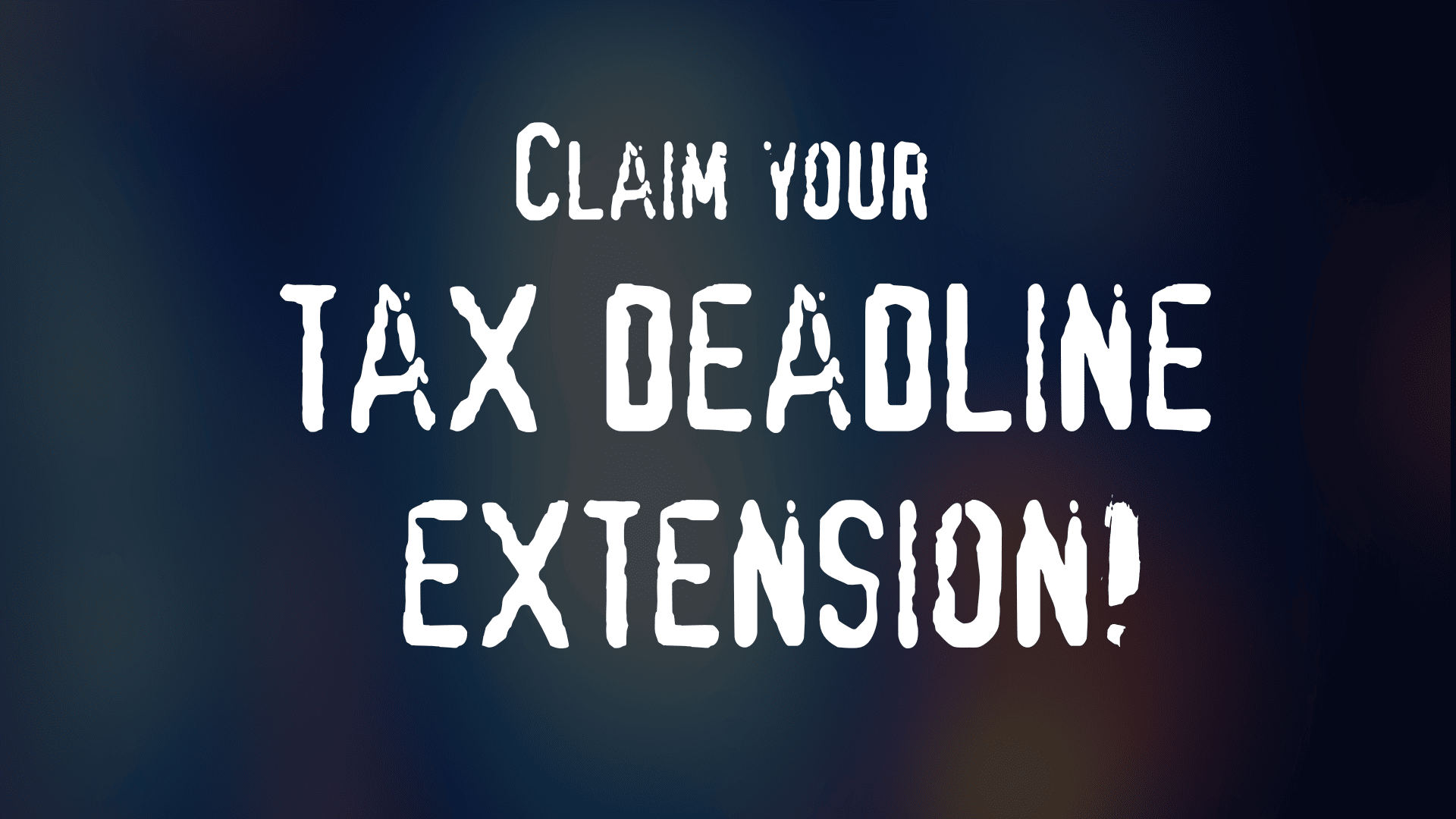Setting yourself up as a freelancer can be an exciting time. Finally you get to be your own boss, put your skills and values into action and reap the rewards. With so much to look forward to it can be hard to focus on what could go wrong.
While identifying a list of possible risks might seem like negative thinking, finding ways to balance those risks is all about protecting your income, hard work and achievements. That’s where freelance business insurance comes in.
What types of insurance do I need as a freelancer?
Every business is unique. While some types of insurance apply to most businesses, other types depend on what, where and how you do what you do. To identify and prioritise the types of insurance you need, it’s important to talk with an experienced professional, such as an insurance broker. They’ll ask questions to understand your freelance business, help you identify risks and explain which types of insurance you should consider. In the meantime, here’s an overview to help you identify the risks you might need to cover, as well as the main types of insurance for freelancers.
How do I identify the biggest risks to my freelance business?
The first step is to simply brainstorm a long list of what could possibly go wrong. How you do this is up to you. For example, you can write them on sticky notes, then move them into broader categories to reduce the number of topics you’re dealing with.
Here are some examples of common risks to help you get started.
- Personal illness or injury
- Theft of equipment or stock
- Work vehicle or equipment damage/breakdown
- Goods lost during transport or delivery
- Workplace fire or major water leaks
- Prolonged power or internet outage
- Natural disasters, such as earthquake, tornado, volcanic eruption or flood
- Your products have to be recalled
- Online crime or IT security breaches
- Your products, advice or services result in injuries or property damage to others
- You are successfully sued for unintentionally breaking a contract, intellectual property rights or government regulations
One way to identify your biggest risks is to use a risk matrix or scoring system. This often considers two variables – the effect the risk would have on your business and how likely it is to occur. You could score each risk out of five for impact and likelihood, then multiply the two scores together. This creates a possible risk score range of 1 to 25.
| Score | Impact | Likelihood |
| 1 | Negligible | Rare |
| 2 | Minor | Unlikely |
| 3 | Moderate | Possible |
| 4 | Major | Likely |
| 5 | Catastrophic | Almost certain |
A risk score of 25 would come from something that would have a catastrophic impact and is almost certain to occur.
Many of the risks can probably be reduced by finding better ways to operate or investing in things like back-up systems or more robust security protection. But some things will always be beyond your control or excessively expensive to fully protect by yourself. This is where business insurance comes in.
The main types of insurance for freelancers
Business insurance allows you to buy a level of protection against risks that would otherwise be beyond your control. It also gives you peace-of-mind knowing you’re covered if disaster strikes. So here are some of the main types of insurance for small freelance businesses.
Business interruption insurance
If an insured event temporarily stops your business from operating, either completely or to some degree, this type of insurance is designed to help you keep going. It can cover your loss of profit, so you can continue paying your bills, or even get some temporary help or accommodation to ensure you don’t let customers down. How long it will keep paying for is known as the indemnity period. It can range from six months to several years. It’s a good idea to get accounting and insurance advice to help you choose the regular payments you’d need and how long you might need them for.
Liability insurance
This provides protection against the costs of being legally liable for something you did or made. Here are the main types of cover and a brief description of the risks they can help to reduce:
- Product liability insurance – if you supply a faulty product you could be sued for the costs of any resulting personal injury or property damage
- Public liability insurance – if you accidentally injure someone or damage someone’s property while you’re working you could be legally liable for the associated costs
- Statutory liability insurance – if you unintentionally fail to comply with a regulatory Act, you may face the costs of legal action and reparation or fines
- Professional indemnity insurance – if a client suffers a loss because the professional advice or services you provided were negligent (incorrect or faulty) they could sue you for compensation
- Cyber liability insurance – if your work computers get a virus or are hacked, or you’re the victim of other cyber-crimes, you could face costs to fix your IT systems, cover lost profits, pay fines for any breaches of customer privacy and employ specialist reputation management advice
Transit insurance
You own your products until they’re paid for and received by your customer. This type of insurance can cover loss and damage during anything from courier deliveries to international shipping.
Asset insurance
This provides cover for most of the things your business owns, such as stock, tools, equipment, machinery and buildings. You can usually choose between replacement insurance (covers the cost of brand new replacements) or indemnity insurance (covers the current value of items, taking their age and condition into account at the time they were broken or stolen).
Vehicle insurance
Vehicles are not covered by asset insurance. If you use a vehicle for business purposes, even if it is also your private car, you need to let your insurer know. Depending on what you use it for and how often, it may affect the type of cover required and your premium.
Construction risks insurance
Asset insurance also doesn’t cover losses during construction work. However, construction risk insurance provides cover for loss or damage to your equipment, materials and fixtures during residential or commercial construction or renovations.
Machinery breakdown insurance
This provides cover for plant and equipment breakdowns if your business involves production or manufacturing.
Make sure you understand your insurance policies
Every policy is different, so make sure you have the protection you need. Insurance won’t cover everything and there can be exclusions for things like gradual damage, infectious diseases, contamination, pollution, computer viruses and so on.
Most policies will also include an excess, which is the amount you have to pay towards any claim. A higher excess usually means a lower premium.
If there’s anything you don’t understand or if something doesn’t seem to meet your needs, be sure to get some professional advice.



